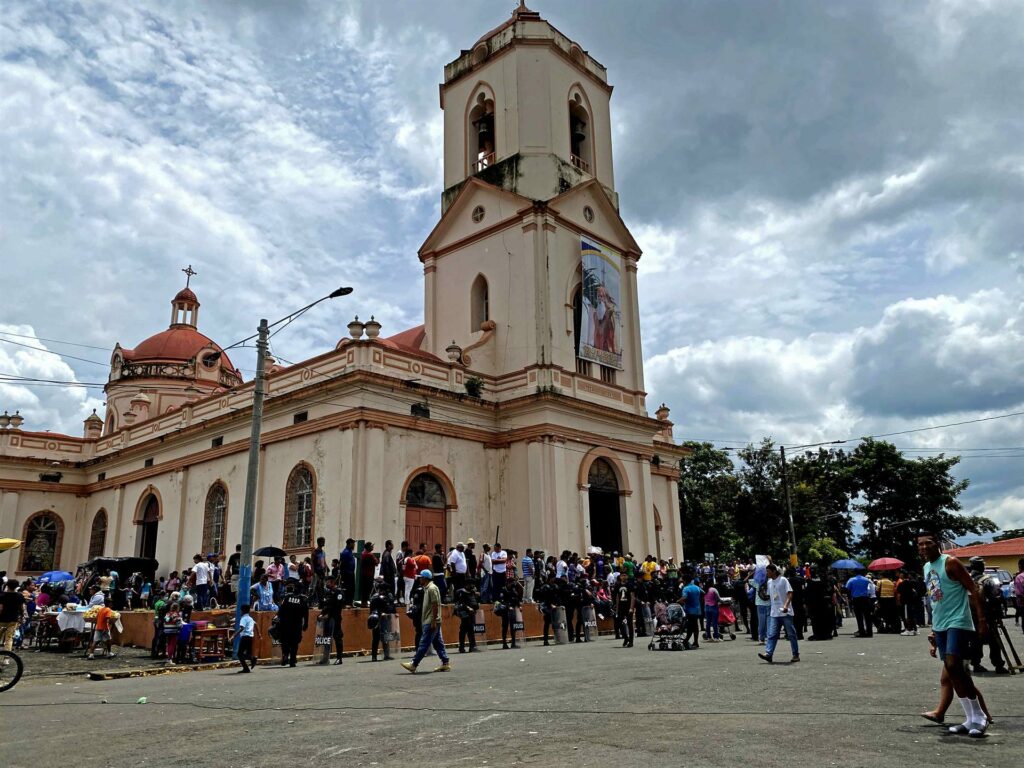After more than five decades without being modified, as of January 1, 2023, the new minimum level of paid vacations for workers will be in force, with which will double the rest period guaranteed by the Federal Labor Law (LFT).
This December 27 was published in the Official Gazette of the Federation (DOF) amendments to labor law to go from six to 12 days the vacation period to which workers will be entitled in their first year of service. The reform preserves the gradual increases based on seniority.
In the morning, President Andrés Manuel López Obrador assured that he had already signed the decree and it was ready for promulgation. “After the holidays, the workers will arrive with a great desire to work and also, a company is a society and for it to work well, it has to take into account that at least work means the same thing as capital,” said the president during his morning conference.
In this way, in 2023 workers will enjoy more vacation days as set a new service year and they will have the power to choose between taking 12 continuous days or deferring the period to which they will be entitled based on their seniority.
Although the reform did not modify the percentage of the vacation premium, the labor force that benefits from the increase in days off will receive a higher amount since this benefit will be calculated based on a longer period.
The modifications were endorsed by the senate during the last session of the regular session, which concluded its legislative process.
Although the extension to 12 days of vacation that the Senate approved in November was not at risk, the original ruling had at least two modifications between the Chamber of Deputies and its return to the Upper House to incorporate a wording that granted the right to workers to decide how and when they wanted to enjoy their days off.
The prelude to this reform is the lag of five decades without modification of this benefit that led Mexico to become one of the economies with one of the lowest minimum working vacation floors globally, compared to countries such as Brunei, Uganda, Malaysia or Nigeria, according to the Global Center for the Analysis of Public Policy (World Policy Analysis Center).
And while more than 50 years have passed to improve this labor law, at the same time Convention 132 of the International Labor Organization (ILO) has been in force, which recommends a minimum floor of 18 days vacation with pay from the first year of service.
An important point to consider after the publication in the DOF of the reform is that its effectiveness will depend on the date on which people complete one year or more of work in the same company. That is, those who add seniority between the first months of the year will see the extension of the period reflected before those who have their anniversary at the end of the year.
8 doubts about vacations, the STPS answers
The Ministry of Labor and Social Welfare (STPS) disseminated a guide with frequent questions about the reform to be clear about how its implementation will be in practice. These are the answers:
1. Are the 12 days continuous?
Yes, with the decent vacation reform, article 78 of the LFT will read like this: “The worker will enjoy at least twelve days of continuous vacation. Said period, at the discretion of the worker, may be distributed in the manner and time required.”
2. If I complete 5 years in my job in 2023, will I already be entitled to 20 working days of vacation?
Yes, thanks to the Vacaciones Digna reform, you will be entitled to the vacation days corresponding to the length of service you complete in 2023.
3. Can I take vacations at any time of the year?
Vacation periods are set by mutual agreement between you and your employer, considering the service needs and the right that you have already generated to take vacations.
4. How far in advance should I request a vacation?
The vacation request period will depend on the policies, calendar, employment contract and/or regulations of the company for which you provide your services. It is an essential requirement that your vacation days are agreed upon with your employer and that they be granted within six months following the completion of the year of service.
5. If my employer does not authorize me to take vacations due to lack of personnel, do they accumulate with those of the following year?
Your right to vacations is generated each year depending on the seniority you have in the company and must be granted within six months after completing the year of service. If you do not enjoy them, you can only claim those that correspond to a previous year.
6. Can my employer exchange vacation time for money?
No, the Federal Labor Law establishes that the vacations that correspond to you cannot be compensated with a remuneration neither in kind nor in money, for which they must be enjoyed.
7. If I work part-time, do I get vacations?
Yes, since your right to vacation depends on the years of service you have with your employer, not on the working hours they have agreed.
8. If a holiday falls during my vacation, what happens? Do they pay me double or do they give me one more day?
If the vacation period agreed with your employer includes a mandatory rest day, this cannot be counted as part of the vacation days.
The agency recalled that the Federal Attorney for the Defense of Labor (Profedet) can provide advice to workers on how to exercise their right to vacation and accompany them in the event of a conflict with their employer on this issue.
















